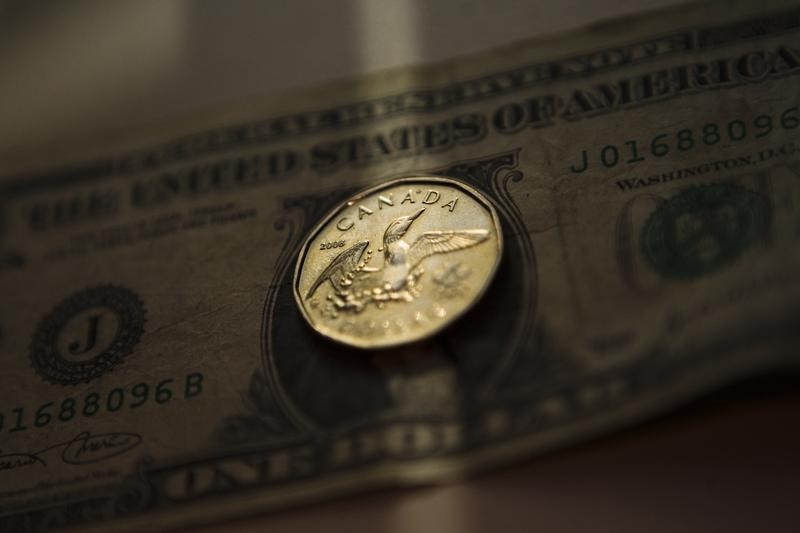Investing.com - The U.S. dollar rose to eight-week highs against its Canadian counterpart on Friday, helped by the release of upbeat U.S. inflation data, while declining oil prices and a disappointing report on Canadian manufacturing sales weighed on the local currency.
USD/CAD hit 1.3245 during early U.S. trade, the pair’s highest since July 27; the pair subsequently consolidated at 1.3244, advancing 0.67%.
The pair was likely to find support at 1.3126, Thursday’s low and resistance at 1.3252, the high of July 27.
The U.S. Commerce Department said the consumer price index rose 0.2% in August, compared to expectations for a 0.1% gain and after a flat reading the previous month.
Year-over-year, consumer prices increased 1.1%, above expectations for a gain of 1.0%.
Core CPI, which excludes food and energy costs, increased by 0.3% last month, above forecasts for a 0.2% rise and after a 0.1% advance in July.
The report came after weak U.S. retail sales on Thursday dampened expectations for a U.S. rate hike this month.
Also Friday, Statistics Canada reported that manufacturing sales rose 0.1% in July, disappointing expectations for an increase of 1.0% and after a 0.8% gain in June.
A separate report showed that Canada’s foreign securities purchases rose by C$5.23 billion in July, compared to expectations for an increase of C$10.12 billion and after a C$9.02 billion the previous month.
The commodity-related Canadian dollar was also hit by tumbling oil prices on Friday due to reports that Iran's August crude oil exports jumped 15% to a five-year high of more than 2 million barrels per day, sparking fresh concerns over a global supply glut.
The loonie was little changed against the euro, with EUR/CAD at 1.4793.
